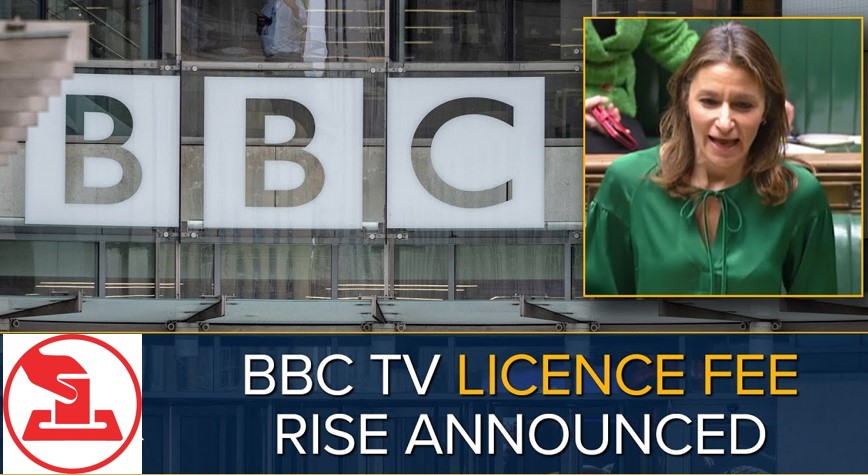Licence fee to increase to £169.50 pa
- Date

-
 Staff Writer
Staff Writer
The Question of the BBC Licence Fee: A Time for Change?
In the midst of a rapidly evolving media landscape, the debate around the BBC licence fee has once again surged to the forefront of public discourse. As we navigate through the digital age, where streaming services and on-demand content have become the norm, the traditional model of funding the British Broadcasting Corporation (BBC) through a compulsory licence fee warrants a thorough re-examination. The question at hand is not merely about the financial aspect but touches on broader issues of relevance, fairness, and adaptability in the 21st century.
The Licence Fee: An Anachronism?
Introduced in 1946, the licence fee was a straightforward solution to funding public broadcasting—ensuring that the BBC could operate independently of commercial pressures and political bias. However, as we stand in the digital era, the model seems increasingly out of step with contemporary consumption habits. The advent of streaming giants like Netflix, Amazon Prime, and Disney+, which offer vast libraries of content on a subscription basis, has led many to question why the licence fee remains a non-negotiable charge for UK households owning a television.
Critics argue that the fee is regressive, impacting those least able to pay. Unlike a subscription service, where consumers choose to pay for the content they value, the licence fee is obligatory for anyone wishing to watch live television or access the BBC’s iPlayer, regardless of their consumption or appreciation of BBC content. This one-size-fits-all approach feels increasingly incongruous in a landscape defined by choice and personalisation.
The Case for the BBC and Public Broadcasting
Despite these criticisms, the value provided by the BBC should not be underestimated. It is a cornerstone of British culture, renowned for its quality news coverage, educational programmes, and entertainment. The BBC plays a vital role in upholding democratic values, promoting cultural diversity, and providing a sense of national identity. It’s also a powerful platform for creative talent and a source of impartial news in an age of misinformation.
The licence fee ensures that this public service is available to all, free from the influence of advertisers or shareholders. It supports a range of services, including local news, radio stations, and the BBC World Service, which projects British values and perspectives globally. Scrapping the licence fee without a clear plan to maintain the breadth and quality of these services could diminish the BBC’s ability to fulfill its public service remit.
Looking Forward: Adaptation and Reform
The real question is not whether the BBC should exist without the licence fee, but how it can adapt to continue serving the public interest in the digital age. There is a pressing need for reform that addresses the concerns of equity and relevance while preserving the BBC’s strengths. Solutions could include a tiered subscription model, a hybrid system combining public funding with subscriptions for premium content, or even linking the fee to council tax or income to make it more progressive.
Moreover, the BBC must continue to innovate, embracing new technologies and platforms to meet the changing needs of its audience. This could involve more personalised content, expanding its digital presence, or exploring new formats that resonate with younger audiences.
Conclusion
As we debate the future of the BBC licence fee, it’s crucial to balance financial sustainability with the broader social value the BBC provides. However, the BBC is now £14.12 per month that is more expensive than NetFlix, Disney+ or NOW TV in a world where consumers and citizens have choice is now the time to change the way the BBC is funded and introduce a subscription model inline not only with its competitors but indeed the market.
Vote now to either scrap or keep the licence fee vote Yes to scrap the licence fee, vote No to keep it

